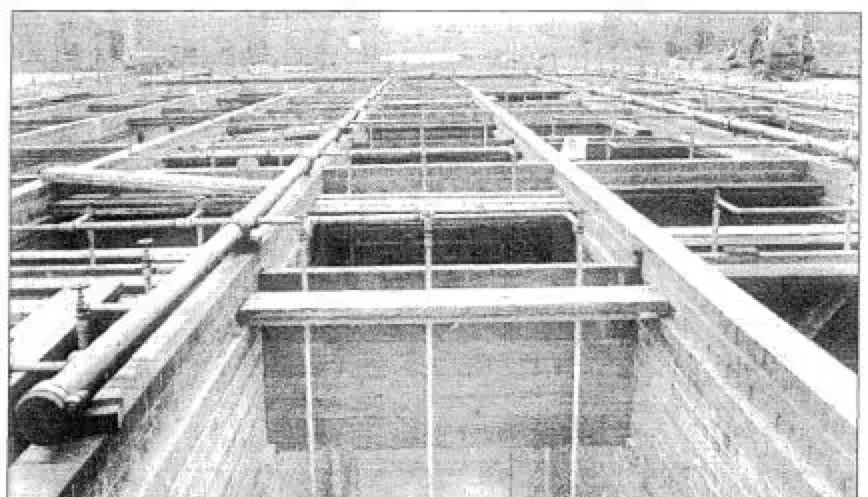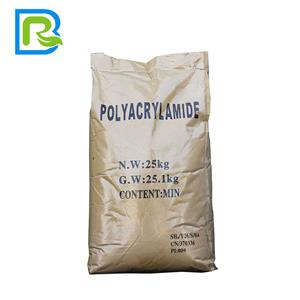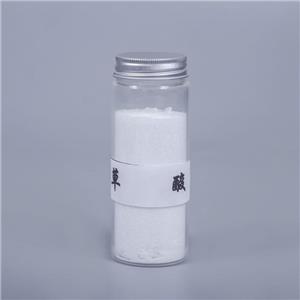2:1, Britain and France battle results! Water treatment industry "Britain and France showdown" how the winner?
The much-anticipated World Cup "England-France" match was played early this morning. In the end, France knocked out England 2-1 to advance to the quarterfinals, where they will compete with Morocco for a spot in the final.
As the two favorites to win this year's World Cup, the 2 teams have never met in the knockout stages of the World Cup before, so this meeting has become a classic battle.
France is the defending champion, while England is the most expensive powerhouse. France is the first country to win the World Cup and Euros consecutively, while England has reached the quarterfinals in both the World Cup and Euros in the past four years.
In terms of player value, England's total value is 1.26 billion euros, while France's total value is 1.03 billion euros. This should be one of the most expensive World Cup top 8 matchups.
That if the environmental protection sector, Britain and France to a PK competition in the field of water treatment, this "Britain and France showdown" will be how to win or lose?
01
The first anaerobic biological treatment tank
The first activated sludge wastewater treatment pilot plant
Both the UK and France have abundant water resources, and the environmental protection industries of both countries started early, have sufficient experience and high maturity, and have accumulated rich experience in water treatment, solid waste treatment and other fields.
In 1762, Britain began to use lime and metal salts to treat urban sewage.
In 1881, French scientists invented the world's first bioreactor, and the first anaerobic biological treatment tank - moris pool was born, opening the prelude to biological treatment of sewage.
In 1893, the first biofilter was put into use in Wales, England, and quickly spread in Europe, North America and other countries. The development of technology has driven the creation of standards.

Map of the first activated sludge pilot plant (this is the Worcester Wastewater Plant)
In 1914, Arden and Lokett published a paper on the activated sludge method at the British Chemical Engineering Society and in the same year pioneered the world's first pilot plant for activated sludge sewage treatment in Manchester, England.
Both Britain and France have a long history in the evolution of water treatment technology, and after a century of development, the urban sewage network and sewage treatment facilities in both countries have been quite sound and complete.
For example, the French Paris (Seine Aval) sewage treatment plant and the British Beckton (Beckton) sewage plant is one of the largest sewage plants in Europe, while France also has the world's largest underground sewage treatment plant - Marseille Géolide sewage treatment plant.

Seine Aval Wastewater Treatment Plant, Paris, France
In addition, the UK in the 1970s, also pioneered a non-excavation industry underground pipe repair process, namely the CIPP in-situ curing method, which is by far the most widely used non-excavation repair technology for underground pipelines around the world. This technology has an important reference application value for drainage pipe upgrading projects in China, especially in the northern region.
02
The same "old power", different water management model
France and the United Kingdom as the old European powers, because of the early start of environmental pollution control, so they both have a sound environmental industry chain, but behind it has a different water management model, but also created a different industrial pattern.
In the mid-19th century, in the field of water, the French central government delegated responsibility to local governments, ordering them to assume responsibility for water supply and sewage treatment functions, and the devolution of rights to local governments was a prerequisite for the development of private water operations in France.
In this context, France eventually solved the water problem through a multi-method management model with French characteristics, mainly by entrusting management, which also led to the birth of French water giants such as Veolia, Suez, etc.
French characteristics of the entrusted management model - a partnership with the private sector, in fact, is a win-win model.
From the perspective of the private sector, it has sufficient resources and ability to provide a full range of solutions including design, construction, management and maintenance, which can effectively alleviate the plight of local governments; and from the perspective of the government, the introduction of the private sector also brings the government a multi-faceted benefits such as financial relief, decentralization of responsibilities, technology upgrading.
In addition, the French government gradually subsidized the water industry after World War II, which also attracted the participation of private enterprises. At the same time, France introduced the first water law in 1964 - "Water Law 1964", to emphasize the use and protection of water resources. In order to avoid malicious competition and market confusion, France also set up a unique industry access mechanism, all of these have been greatly effective in promoting the concentration of the industry.
Look at the United Kingdom, in the water governance of the British water industry early to achieve a sound infrastructure - in 1944, the United Kingdom has achieved nearly 100% of urban water coverage; 1963, the introduction of the Water Resources Act to promote the industry towards river basin governance, and streamlined management agencies.
In 1989, the UK water industry was privatized, resulting in increased investment in the water sector, improved water quality, and effective control of operating costs. To this day, the UK is still the only country in the world where water is fully privatized.
Contrast France and the United Kingdom's right to operate water services, the rights and obligations of the British operation is given by law, the local government does not assume responsibility for public services, while the right to operate water services in France is authorized by the government, the government still has the first responsibility to assume public services for water.
In this context, the French government uses access regulation, that is, through the initial competition for the right to operate the water company's qualifications to consider, in order to choose a low price, good reputation, high expertise of the company, and strive to ensure the operation of water public services from the source level.
On the contrary, the success of privatization in the UK has indeed effectively promoted the development of the UK water industry, however, because private water companies basically monopolize the UK water industry, poor service quality, high prices, shareholders share of the lucrative scandals and controversies are gradually exposed. (Reference from EBS Public Environmental Research. British Water: The Pros and Cons of Full Privatization)
In general, the UK and France have achieved different results in the development of the industry due to the early and late privatization of water operations and the different focus of development in the management model.
03
Global water companies ranking, the French double giant into the top three
The previous section mentioned the differences between the British and French water management models, and we found the same phenomenon when we saw the latest edition of the GWI Global Water Sector Top 50 Companies list.
In this list, the strength of the British and French domination of the list, there are a number of companies selected, such as Veolia, Suez Water in France, Thames Water, United Utilities Group and many other companies in the UK are listed. But at the same time, we also found that the top 3 seats on the list, France has taken 2 seats, an impressive achievement.
You can send files or forward messages to yourself
According to statistics, Veolia and Suez Group water revenue estimates of about $19.2 and $5.8 billion, far ahead of other companies. Both are $100 billion volume environmental companies, with their main businesses focused on water treatment and solid waste treatment.
In addition to having absolute control in their own countries, these two companies also have and have achieved strong international export capabilities, with operations around the world.
I believe you may often hear that Veolia/SUEZ of France has done a local project in the UK again, but rarely hear that a British water company has signed a contract in France.
Veolia, for example, has been providing urban cleaning and waste management services to 11 London boroughs and different organizations since it entered the London market in 1992.
The success story behind Veolia and SUEZ's ability to become environmental water giants relies on - "technology has always been the core competence of the company". As water treatment experts, they focus on monitoring and controlling water quality at all stages (from collection to return to nature), and have established comprehensive environmental solutions.
Veolia has also established Veolia Water Technologies (Veolia Water Technology Center) and has branches worldwide, and now has over 350 patented technologies to address all the challenges of managing water in its different forms.
Since entering the Chinese market in the 1990s, Veolia and SUEZ have also expanded their presence, maintaining a leading position in many fields and creating many "firsts" and "firsts".




